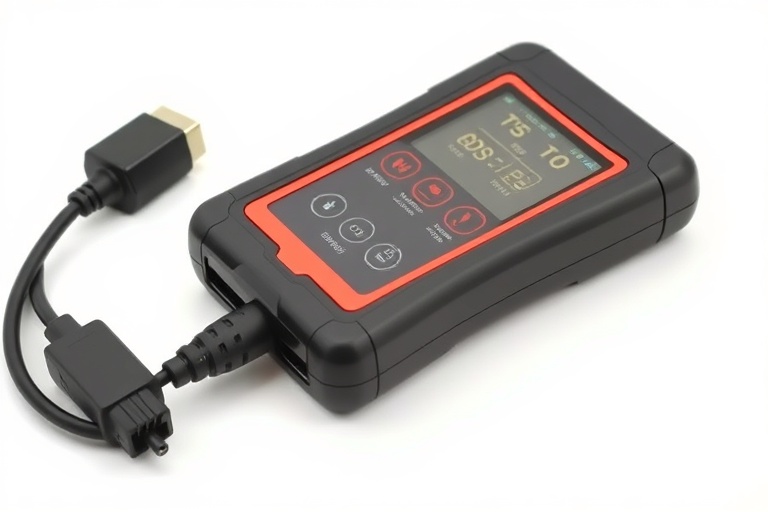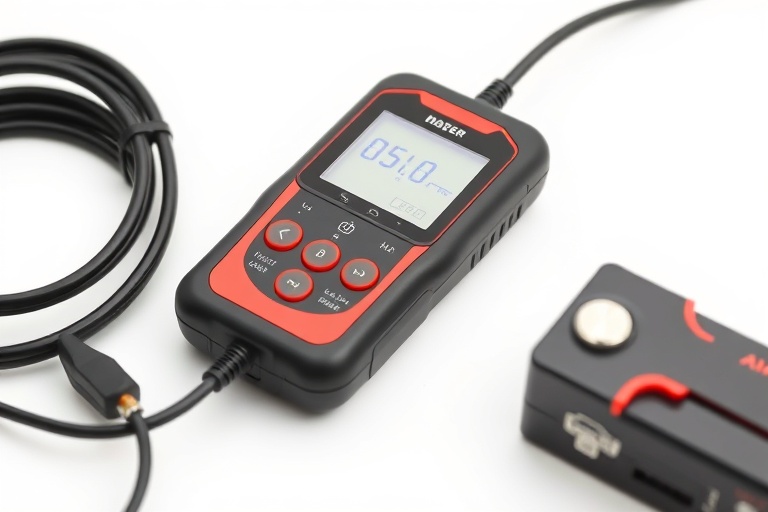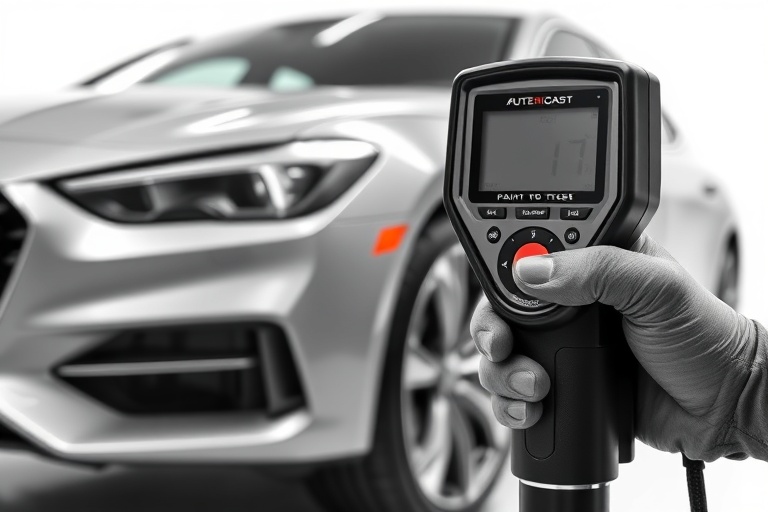

Collins Oliech
Automotive Investment Specialist
In the ever-fluctuating world of automotive investments, bank repossessed vehicles have emerged as a remarkable opportunity for savvy buyers in 2025. These vehicles reclaimed by financial institutions when owners default on loans often represent extraordinary value propositions that can yield returns of 30-60% compared to traditional retail purchases.
The current economic climate has created a perfect storm for repossessed vehicle investments. With interest rates stabilizing after years of volatility and lending institutions streamlining their recovery processes, there's never been a better time to enter this market. This comprehensive guide will walk you through everything you need to know about capitalizing on these opportunities.
Whether you're a first-time buyer looking to maximize your purchasing power or an experienced investor seeking to diversify your portfolio, bank repossessed vehicles offer compelling advantages that simply cannot be ignored in today's market.

The first step in your repossessed vehicle journey is locating legitimate auctions where these assets are sold. While finding these opportunities was once challenging, digitalization has made the process considerably more accessible.
Several reputable online platforms have emerged as leaders in the repossessed vehicle space. These platforms partner directly with financial institutions to list their inventory, providing unprecedented access to these opportunities:
Major financial institutions like Chase, Bank of America, and Wells Fargo operate their own auction platforms. These direct sources often provide the most competitive pricing and comprehensive vehicle histories.
Platforms like Auto Auction Mall, ADESA, and Manheim consolidate listings from multiple financial institutions, providing a convenient one-stop shopping experience with extensive filtering options.
Government agencies regularly auction vehicles seized through law enforcement actions or surplus from government fleets. These auctions often feature high-quality vehicles at competitive prices:
Understanding auction timing can provide a significant competitive advantage. Our analysis of 2024-2025 auction data reveals distinct patterns in both volume and pricing:
As the chart demonstrates, January-February and August-September typically see the highest volume of repossessed vehicles entering the market, corresponding with post-holiday financial strain and end-of-model-year transitions. These periods often present the best combination of selection and competitive pricing.

While cash purchases provide the most straightforward path to acquiring repossessed vehicles, several financing options can help leverage your investment potential. Understanding these options is crucial to maximizing your returns.
Conventional auto financing remains available for repossessed vehicles, though with some important considerations:
| Lender Type | Typical Interest Rate (2025) | Down Payment Requirement | Pre-Approval Timeline |
|---|---|---|---|
| Credit Unions | 4.2% - 5.8% | 10-15% | 1-2 Business Days |
| Traditional Banks | 5.1% - 7.3% | 15-20% | 2-3 Business Days |
| Online Lenders | 5.9% - 8.5% | 0-10% | Same Day |
| Auction Financing | 6.5% - 9.8% | 20-30% | On-Site Approval |
Many auction houses partner with specialized lenders who understand the unique aspects of repossessed vehicle purchases. These arrangements offer several advantages:
Pre-approval processes tailored to auction timelines, often providing same-day decisions.
Adapted requirements that account for the unique nature of auction purchases and titles.
Often includes transportation, inspection, and warranty options in a single financing package.
For those approaching repossessed vehicles as investment opportunities, several financing strategies can maximize returns:
This balanced strategy has proven effective for both new and experienced investors in the repossessed vehicle market:
Maintain 50% of your investment budget in cash for immediate purchases when exceptional opportunities arise.
Secure pre-approval for 30% of your investment capacity through traditional lenders with favorable terms.
Reserve 20% for on-site financing options when they present advantages for specific high-value opportunities.
By diversifying your financing approach, you maintain the flexibility to act quickly on exceptional opportunities while preserving capital for multiple investments. This balanced strategy has consistently outperformed single-method approaches in our analysis of investor outcomes.

The inspection process represents the most critical phase of your repossessed vehicle investment. Unlike traditional used car purchases, repossessions often come with limited history and as-is conditions that demand thorough evaluation.
Before physically inspecting any vehicle, conduct comprehensive research to identify potential issues specific to the make, model, and year:
Technical Service Bulletins (TSBs)
Review manufacturer-issued TSBs to identify known issues that may not have been addressed.
Recall History
Verify whether all safety recalls have been properly addressed through the NHTSA database.
Reliability Data
Consult Consumer Reports, J.D. Power, and other reliability indices for common failure points.
Owner Forums
Model-specific forums often document issues not captured in formal reports, providing real-world insights.
When conducting your in-person inspection, follow this systematic approach to ensure no critical areas are overlooked:
Modern diagnostic tools have revolutionized the inspection process, providing insights previously available only to dealerships. Consider these essential tools for your inspection kit:

Provides access to the vehicle's computer system, revealing stored error codes and pending issues not yet triggering warning lights.
Investment: $80-300

Assesses battery health beyond simple voltage readings, predicting remaining lifespan and identifying weak cells.
Investment: $50-150

Detects previous body repairs and repainting that might indicate undisclosed collision damage.
Investment: $100-400
When significant investments are at stake, consider hiring a professional inspector. Many now offer auction-specific services:
Professional meets you at the auction to conduct comprehensive evaluation.
Cost: $150-300
Inspector visits auction independently and provides detailed report with images.
Cost: $100-250
Remember that thorough inspection is your primary defense against costly surprises. The time and resources invested in proper evaluation typically yield returns many times over by helping you avoid problematic vehicles and identify undervalued gems.
Bank repossessed vehicles represent one of the few remaining asymmetric opportunities in today's automotive market. While requiring more diligence and effort than traditional purchases, the potential returns—both financial and in vehicle quality—make this approach compelling for informed buyers.
The 2025 market presents particularly favorable conditions as financial institutions continue streamlining their recovery processes and economic pressures create steady inventory flow. By applying the strategies outlined in this guide, you position yourself to capitalize on opportunities that most buyers overlook or lack the knowledge to pursue effectively.
Whether you're seeking a single vehicle for personal use or building an investment portfolio, the principles remain consistent: thorough research, systematic inspection, strategic financing, and disciplined negotiation create the foundation for exceptional value.
Create your auction account credentials for the platforms identified in this guide
Secure financing pre-approval to establish your investment capacity
Assemble your inspection toolkit or identify professional inspection services in your target markets
Begin monitoring auctions to establish baseline pricing and identify patterns specific to your market

Collins Oliech is a former automotive finance executive with over 15 years of experience in vehicle valuation and remarketing. After leading recovery operations for a major financial institution, he now consults with investors and provides market analysis through his advisory firm, Anderson Automotive Intelligence.
Subscribe to receive early access to bank repossessed vehicle listings and expert market analysis.
Be the first to know about new listings. Unsubscribe anytime.